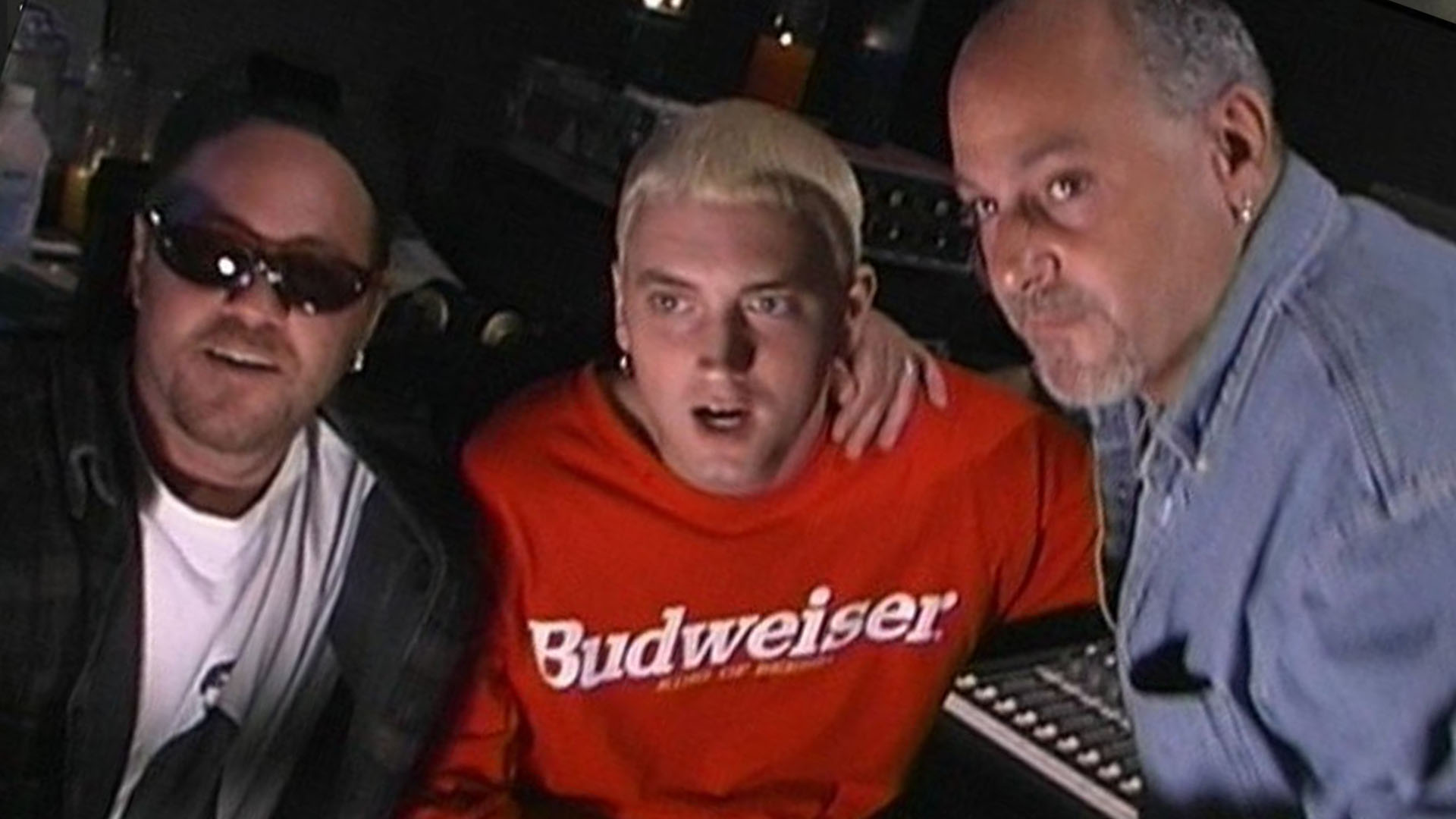High Court judge awarded compensation over unauthorised “Infinite” print run in 2016, but Bass Brothers wanted much more than that.
The story started in 2016, when Plastic Head, an independent UK distributor, bought CD copies of “Infinite” from Boogie Up Productions, which was based in the US and run by a Mr David Temkin. Mr Temkin had assured the company that he had the right to license vinyl format copies of the album, and Let Them Eat Vinyl pressed 2,891 vinyl copies that were on sale until early October, 2016.
In December, Let Them Eat Vinyl got the letter from F.B.T. Productions, also knows as Bass Brothers, the Detroit producers who worked with Eminem on his early records. The letter informed the company about the upcoming legal actions against them. Plastic Head withdrew from the sale remaining copies of “Infinite” and stopped advertising the album.
It did not stop F.B.T. Productions that started seeking the compensation of damage, namely, according to the court documents:
a) the loss of an opportunity to license a third party to exploit the Work (and various tracks comprised in the Work);
b) the losses flowing from the licence the Claimant would have offered the Defendant for the exploitation of the Work; or
c) a reasonable royalty for the actual sales made by the Defendant based on the notion of a willing licensee/willing licensor negotiation.
The Claimant also claimed that it had lost the opportunity to be involved in making a full-length documentary about the re-issue of the Work.
The total amount of damage that F.B.T. was seeking to compensate equalled £288,209.
F.B.T. Productions claimed that they had big plans for the 20th Anniversary “Infinite” release. All of them were apparently ruined by the indy English printers.
Originally, “Infinite” was released on 12 November 1996 as 250 cassettes and 250 vinyl records. It has not been released since 1996 because it contains unlicensed samples that are almost impossible to clear up. Bass brothers were not going to work on samples. According to the case documents, the plan was to remove all copyrighted material from the album for re-issue. And then put it on streaming services, release singles, remixes and merchandise, as well as an expanded version including bonus tracks, a cappella versions and freestyles to sell for $50. And make a documentary about the re-issue.
All this grandeur came to a halt, claimed the F.B.T. representative, because of this English run – clearly marked with an “LTEV” product number that indicated that it was not an authentic pressing. The F.B.T. manager, however, was not able to say when he took the decision not to proceed with the vinyl release and explained that he had made oral arrangements for a vinyl pressing with a contractor he had known for many years and with whom he dealt by telephone and not in writing.
The judge was not impressed. Loss of opportunity was dismissed as it was evident that small unauthorised re-issue would have never been a viable alternative for an official anniversary release planned by F.B.T., which is confirmed by the fact that F.B.T. proceeded with its plans after discovering LTEV copies. Loss of licence fees did not stand as it was FBT’s evidence that it would not have offered a licence to LTEV because “LTEV was not a sufficiently reputable or substantial company”.
The loss in royalty, however, was acknowledged. Apparently, Boogie Up Productions had no rights to grant the licence to LTEV. The judge recognised that neither of the defendants were liable for any of the secondary acts of infringement pleaded and had neither known nor had had reason to believe that the vinyl and CD copies of the album sold by Plastic Head were infringing copies of another party’s copyright work. However, he accepted F.B.T.’s claim for damages as a reasonable royalty for the actual sales made by the LTEV and estimated the damage as £7,452.50.
Who knew that the “Infinite” 20th Anniversary release that never happened in 2016 despite all hopes that Eminem fans had would pop up in Royal Courts of Justice five years later as a weird court case against the small English company that presses vinyl?












